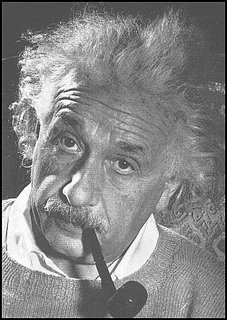Living a Life that Matters; by Harold Kushner - my review

Living a Life that Matters uses the story of Jacob in The Book of Genesis as the background for discussion regarding why and how a person should live a life that matters.
Harold Kushner is a Rabbi so his logic carries a spiritual component. However, his writing is devoid of self righteousness. Using stories and references to popular culture he argues that integrity defines character. He tempers his words with sensitivity and understanding to explain that personal development is an ongoing process that involves commitment and courage to change.
His reflections on religious fanaticism and the perspectives of fundamentalists at the end of the book are thought provoking. He points out the patterns of collective behavior relative to age.
He wrote,
"Remember that Islam is less that 1,400 years old. When Judaism was 1,200 years old, it was converting the inhabitants of captured territories by force. When Christianity was 1,200 to 1,400 years old, it was graduating from the blood shed of the Crusades to the tortures of the Inquisition. It may be that a world religion has to go through an "adolescent" phase of believing that it has total truth (plausibly, as in so many adolescents, a cover for insecurity; why else would a world wide religious organization be so panicked at the thought of a roomful of heretics somewhere in its domain?) before it matters.
It is an aspect of terrorism and the Jihadist mentality that I never gave much thought to. It makes sense.
I adhere to the belief that knowledge is power. Rabbi Kushner's insight reinforces my conviction that violence rarely settles an issue once and for all. Perhaps it is time we reach out to Islam in tangible ways by reverting swords into plowshares and vitriol into dialogue. I find it impossible to believe that all Muslims are violent extremists.
There have to be more settled minds among the Islamic faithful whose spirituality is not shored up by willingness to resort to violence and terror. We need to be seeking out those religious leaders who have enough conviction in their religion that they are not obsessed with forced conversion. Such leaders won't be shaken when their core principles are subjected to scrutiny and they are less apt to resort to violence when their beliefs are challenged.





0 Comments:
Post a Comment
<< Home